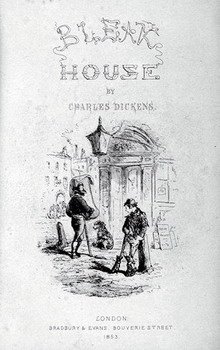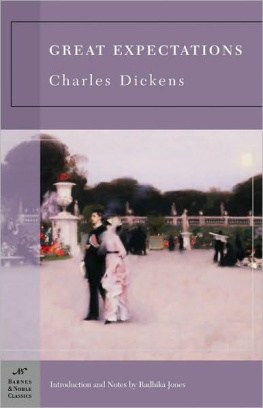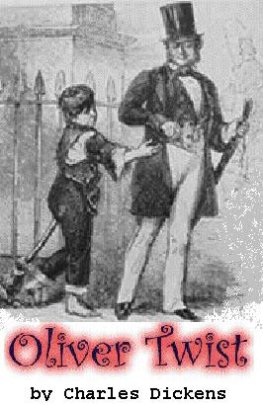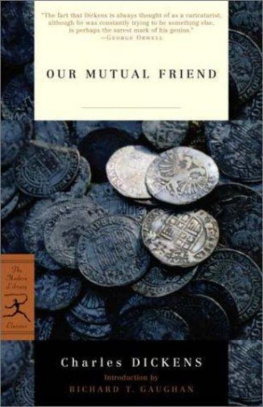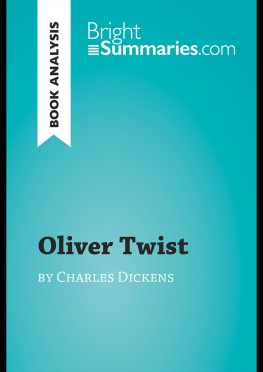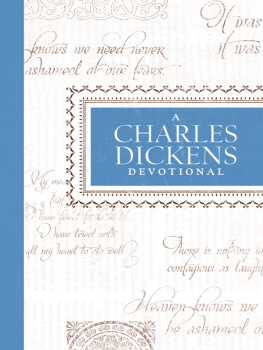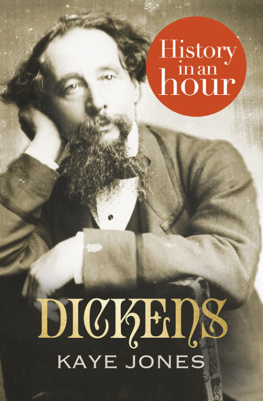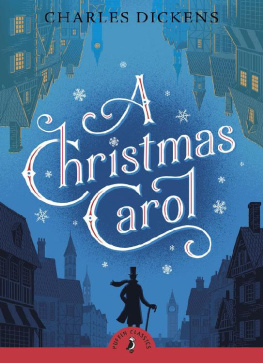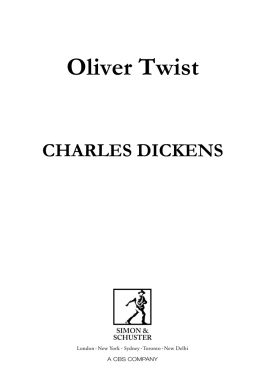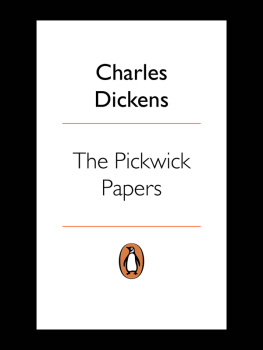Charles Dickens - Oliver Twist (Puffin Classics)
Here you can read online Charles Dickens - Oliver Twist (Puffin Classics) full text of the book (entire story) in english for free. Download pdf and epub, get meaning, cover and reviews about this ebook. year: 2008, publisher: Puffin Books, genre: Detective and thriller. Description of the work, (preface) as well as reviews are available. Best literature library LitArk.com created for fans of good reading and offers a wide selection of genres:
Romance novel
Science fiction
Adventure
Detective
Science
History
Home and family
Prose
Art
Politics
Computer
Non-fiction
Religion
Business
Children
Humor
Choose a favorite category and find really read worthwhile books. Enjoy immersion in the world of imagination, feel the emotions of the characters or learn something new for yourself, make an fascinating discovery.

- Book:Oliver Twist (Puffin Classics)
- Author:
- Publisher:Puffin Books
- Genre:
- Year:2008
- Rating:4 / 5
- Favourites:Add to favourites
- Your mark:
- 80
- 1
- 2
- 3
- 4
- 5
Oliver Twist (Puffin Classics): summary, description and annotation
We offer to read an annotation, description, summary or preface (depends on what the author of the book "Oliver Twist (Puffin Classics)" wrote himself). If you haven't found the necessary information about the book — write in the comments, we will try to find it.
Oliver Twist (Puffin Classics) — read online for free the complete book (whole text) full work
Below is the text of the book, divided by pages. System saving the place of the last page read, allows you to conveniently read the book "Oliver Twist (Puffin Classics)" online for free, without having to search again every time where you left off. Put a bookmark, and you can go to the page where you finished reading at any time.
Font size:
Interval:
Bookmark:

The evening arrived; the boys took their places.
The master, in his cooks uniform, stationed himself at the copper; his pauper assistants ranged themselves behind him; the gruel was served out; and a long grace was said over the short commons. The gruel disappeared; the boys whispered each other, and winked at Oliver, while his next neighbours nudged him. Child as he was, he was desperate with hunger, and reckless with misery. He rose from the table, and advancing to the master, basin and spoon in hand, said: somewhat alarmed at his own temerity:
Please, sir, I want some more.

CHARLES DICKENS
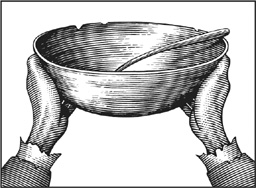
INTRODUCED BY
GARTH NIX

PUFFIN
PUFFIN BOOKS
Published by the Penguin Group
Penguin Books Ltd, 80 Strand, London WC2R 0RL , England
Penguin Group (USA) Inc., 375 Hudson Street, New York, New York 10014, USA
Penguin Group (Canada), 90 Eglinton Avenue East, Suite 700, Toronto, Ontario, Canada M4P 2Y3
(a division of Pearson Penguin Canada Inc.)
Penguin Ireland, 25 St Stephens Green, Dublin 2, Ireland (a division of Penguin Books Ltd)
Penguin Group (Australia), 250 Camberwell Road, Camberwell, Victoria 3124, Australia
(a division of Pearson Australia Group Pty Ltd)
Penguin Books India Pvt Ltd, 11 Community Centre, Panchsheel Park, New Delhi 110 017, India
Penguin Group (NZ), 67 Apollo Drive, Rosedale, North Shore 0632, New Zealand
(a division of Pearson New Zealand Ltd)
Penguin Books (South Africa) (Pty) Ltd, 24 Sturdee Avenue, Rosebank, Johannesburg 2196, South Africa
Penguin Books Ltd, Registered Offices: 80 Strand, London WC2R 0RL , England
puffinbooks.com
First published 1837-9
This abridgement published in Puffin Books 1994
Reissued in this edition 2008
3
This abridgement copyright Penguin Books 1994
Introduction copyright Garth Nix 2008
Endnotes copyright Penguin Books, 2008
All rights reserved
Except in the United States of America, this book is sold subject to the condition that it shall not, by way
of trade or otherwise, be lent, re-sold, hired out, or otherwise circulated without the publishers prior
consent in any form of binding or cover other than that in which it is published and without a similar
condition including this condition being imposed on the subsequent purchaser
978-0-14-192188-4
INTRODUCTION BY
Please, sir, I want some more.
Thats probably one of the most famous lines in fiction, spoken by the young orphan Oliver Twist when he dares to ask for some more food in the workhouse. Probably more people know that line from the films and television series based on the book there have been more than twenty different versions of Oliver Twist on film and television but I bet, whether theyve read the book or just seen it on the screen, almost anyone you say that line to will know where it comes from.
Why have there been so many film, television and stage productions of Oliver Twist? Its simply because it is such a great story, full of wonderful characters, strong emotions and colourful settings. Theres Oliver himself, a likeable boy born into terrible misfortune, who somehow always seems to rise above his environment and circumstance. He suffers terribly, but something inside him is stronger than anything life throws at him in the dreadful workhouse, in the undertakers coffin-making workshop, amongst Fagins pickpockets
I first read Oliver Twist when I was about twelve or thirteen. Re-reading it recently, I realized that I must have skipped through whole passages of description and probably missed a bunch of incidental stuff with some of the minor characters. But you know what? It didnt matter. The story is so good that you can skim along the surface and enjoy the ride you dont have to dip beneath and get into the deeper stuff that lies below.
The basic story of Oliver Twist is a great adventure, and its a quest too, so how could I not love it? You can read it just for that adventure, and the great characters, and the dark, dangerous streets of nineteenth-century London, and enjoy suffering and triumph with Oliver, and hope that he can solve the riddle of his parentage, and the secret of the gold ring, and the sinister character who is the mastermind behind the murderer Sikes. Or you can read it more deeply, or read it again, and experience the adventure and at the same time absorb the historical detail and social criticism that is the foundation of the story.
Oliver Twist is a great novel that can be read in so many different ways and on so many different levels, and after reading it, like the many millions of readers who have gone before us, right back to 1837 when the first instalment was published, I expect youll be at your bookshop or library to say, Please, Sir, I want some more Dickens.
Among other public buildings in a certain town which for many reasons it will be prudent to refrain from mentioning, it boasts of one which is common to most towns, great or small, to wit, a workhouse; and in this workhouse was born the item of mortality whose name is prefixed to this book. For a long time after he was ushered into this world of sorrow and trouble, by the parish surgeon, it remained a matter of considerable doubt whether the child would survive to bear any name at all; in which case it is somewhat more than probable that these memoirs would never have appeared, or, if they had, being comprised within a couple of pages, that they would have possessed the inestimable merit of being the most concise and faithful specimen of biography extant in the literature of any age or country. The fact is, that there was considerable difficulty in inducing Oliver to take upon himself the office of respiration, a troublesome practice, but one which custom has rendered necessary to our easy existence, and for some time he lay gasping on a little flock mattress, rather unequally poised between this world and the next, the balance being decidedly in favour of the latter. Now, if during this brief period, Oliver had been surrounded by careful grandmothers, anxious aunts, experienced nurses, and doctors of profound wisdom, he would most inevitably and indubitably have been killed in no time. There being nobody by, however, but a pauper old woman, who was rendered rather misty by an unwonted allowance of beer, and a parish surgeon who did such matters by contract, Oliver and Nature fought out the point between them. The result was, that, after a few struggles, Oliver breathed, sneezed, and proceeded to advertise to the inmates of the workhouse the fact of a new burden having been imposed upon the parish, by setting up as loud a cry as could reasonably have been expected from a male infant who had not been possessed of that very useful appendage, a voice, for a much longer space of time than three minutes and a quarter.
As Oliver gave this first proof of the free and proper action of his lungs, the patchwork coverlet which was carelessly flung over the iron bedstead, rustled; the pale face of a young female was raised feebly from the pillow; and a faint voice imperfectly articulated the words, Let me see the child, and die.
Next pageFont size:
Interval:
Bookmark:
Similar books «Oliver Twist (Puffin Classics)»
Look at similar books to Oliver Twist (Puffin Classics). We have selected literature similar in name and meaning in the hope of providing readers with more options to find new, interesting, not yet read works.
Discussion, reviews of the book Oliver Twist (Puffin Classics) and just readers' own opinions. Leave your comments, write what you think about the work, its meaning or the main characters. Specify what exactly you liked and what you didn't like, and why you think so.


